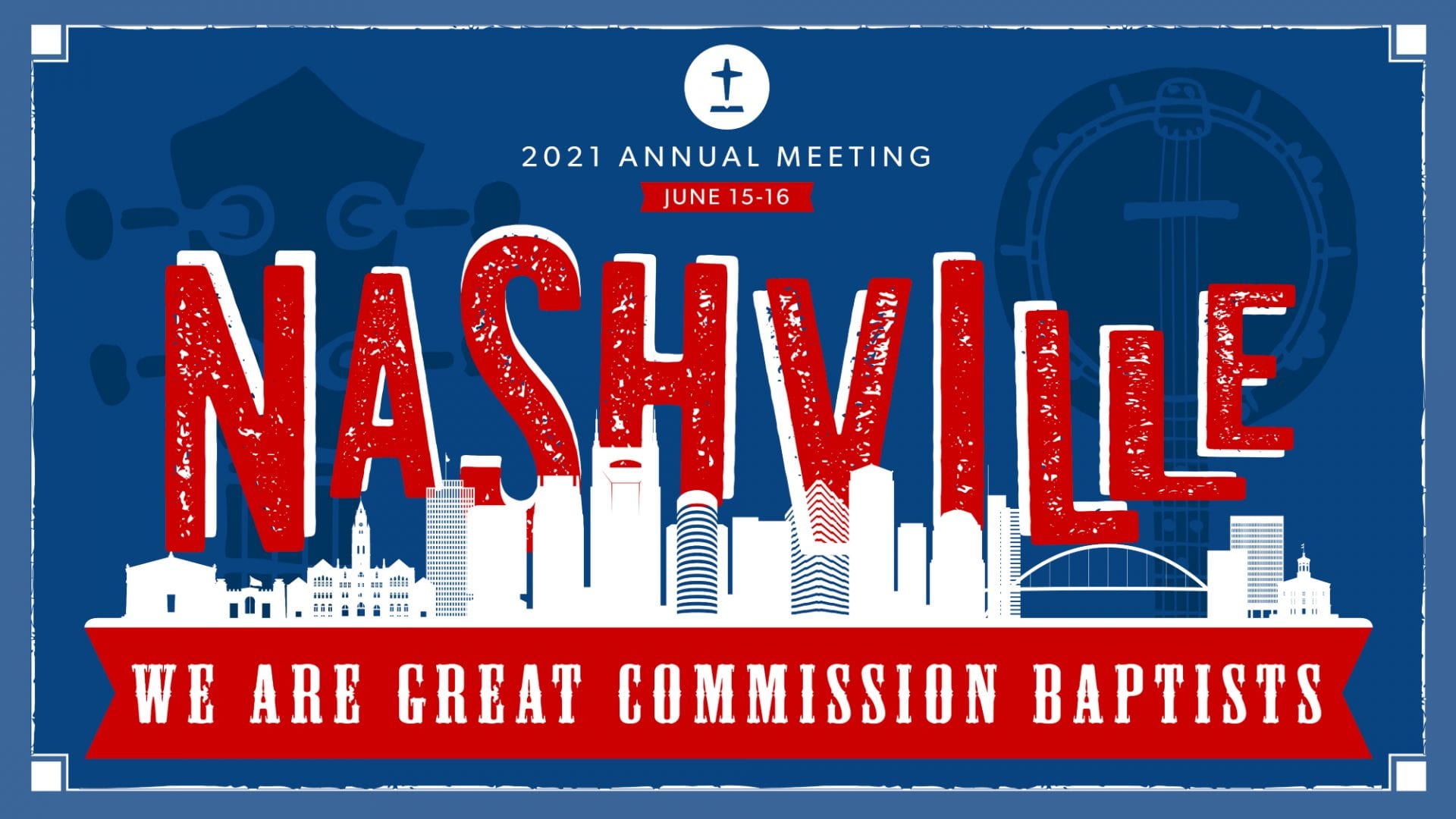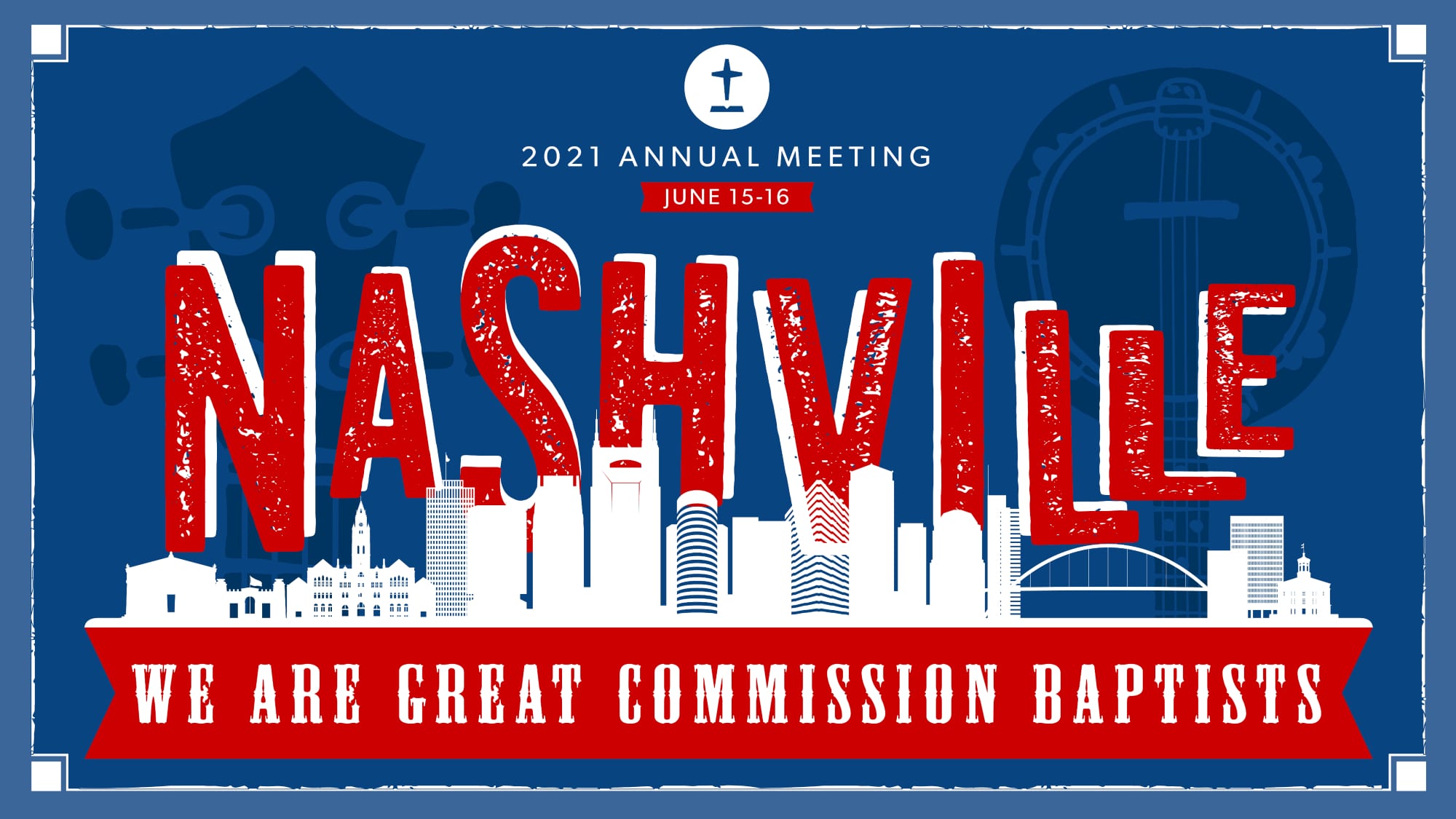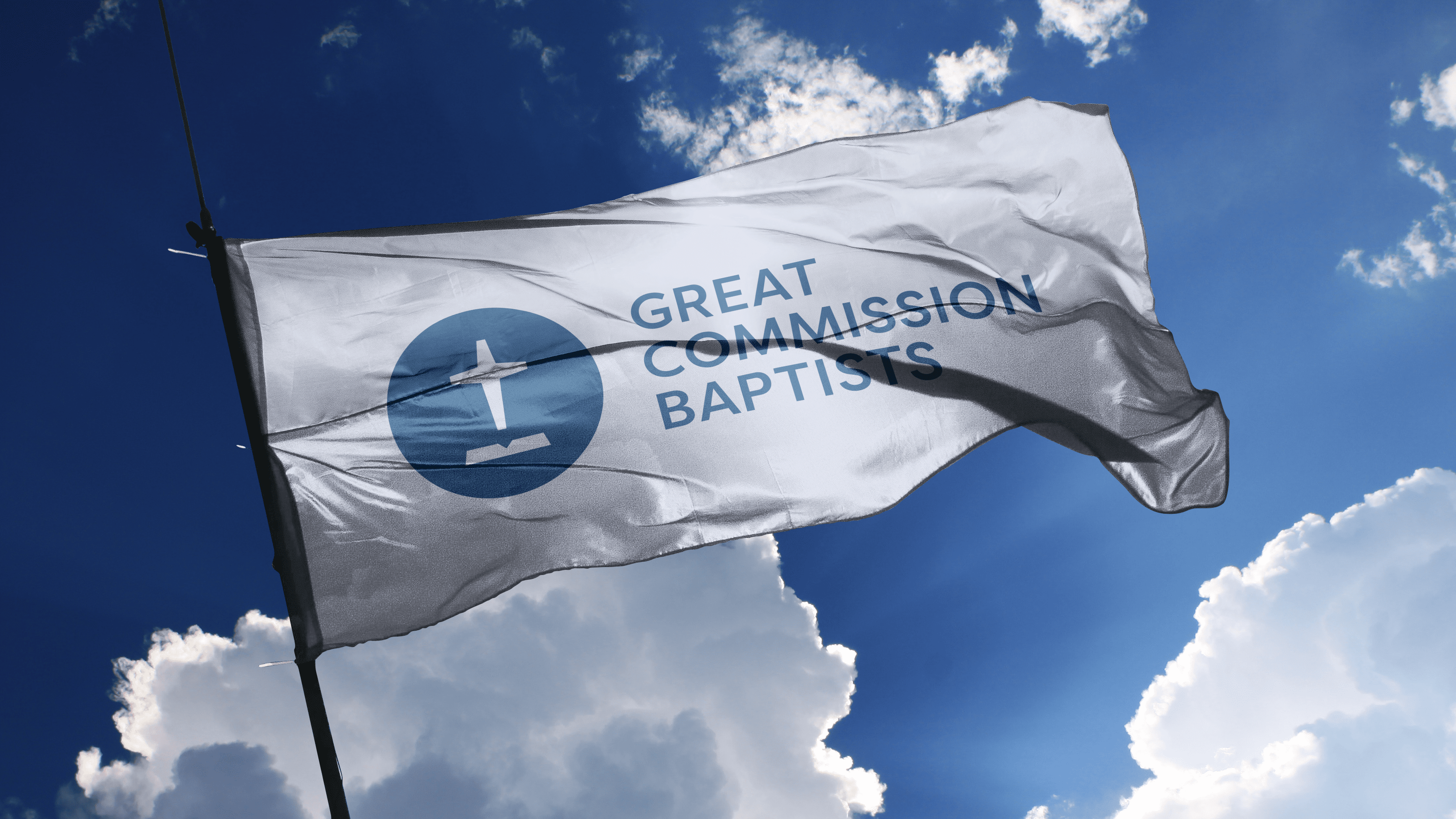
In these uncertain, divisive and fearful times, I want to remind us of a sustaining vision we find in God’s inerrant, all-sufficient Word – a vision recorded by the apostle John in the midst of their own fearful and uncertain times. The church of the John’s generation had been scattered, hunted down, imprisoned and tortured. The apostle John himself was boiled in oil and socially distanced, by himself, on the island of Patmos.
In that moment of fear, God gave him this sustaining vision, a hope for things to come:
Then I (John) saw one like a slaughtered lamb standing in the midst of the throne and the four living creatures and among the elders. He had seven horns and seven eyes, which are the seven spirits of God sent into all the earth. He went and took the scroll out of the right hand of the one seated on the throne.
When he took the scroll, the four living creatures and the twenty-four elders fell down before the Lamb. Each one had a harp and golden bowls filled with incense, which are the prayers of the saints. And they sang a new song:
“You are worthy to take the scroll and to open its seals, because you were slaughtered, and you purchased people for God by your blood from every tribe and language and people and nation. You made them a kingdom and priests to our God, and they will reign on the earth.”
Then I looked and heard the voice of many angels around the throne, and also of the living creatures and of the elders. Their number was countless thousands, plus thousands of thousands. They said with a loud voice,
“Worthy is the Lamb who was slaughtered to receive power and riches and wisdom and strength and honor and glory and blessing!”
I heard every creature in heaven, on earth, under the earth, on the sea, and everything in them say,
“Blessing and honor and glory and power be to the one seated on the throne, and to the Lamb, forever and ever!”
The four living creatures said, “Amen,” and the elders fell down and worshiped.
(Revelation 5:6-14)
With this scripture in mind, I announce to you the theme for the 2021 Annual Meeting of the Southern Baptist Convention (SBC): “We are Great Commission Baptists.”
I want to share three primary reasons why I believe God is calling us to this for our annual meeting. I want to be crystal clear with you on why we’re doing this, so when liberal media, discernment bloggers or concerned groups try to be divisive and dishonest about motives and agendas, we can all be on the same page.
- The Great Commission is what unites our Convention. Our Convention adopted this language in 2012, recognizing that ultimately what brings us together is not a shared Southern heritage but a commitment to the Great Commission. Having spoken with Southern Baptist Theological Seminary President Al Mohler, First Baptist Charleston Pastor Marshall Blalock and others on that committee that made that recommendation in 2012, the reasons they had for adopting this descriptor are more relevant than ever.
- Increasingly, both our mission field and our membership are non-Southern. The place where our convention is most poised and most needs to grow – and the most unchurched parts of America where we need the most churches – is outside the South. We’ve got to plant hundreds of churches in places like Los Angeles, Detroit, Portland and Boston. By God’s grace we’re doing that. This is something those churches are very excited about.
- As GuideStone Financial Resources President S. Hawkins says, “We want to be defined more by 2025 than 1845.” What unites us is to look forward, not backward. When we come together in Nashville, Lord willing, we will assemble as nearly 50,000 independent, autonomous churches, 1,500 associations, 41 state conventions and 11 national entities to partner together to send missionaries and plant churches. And we do so under one banner: The Great Commission.
- In the days before the meeting, we’ll gather for a Send Conference, hosted by the International Mission Board (IMB) and the North American Mission Board, to celebrate our planters and missionaries, pray for them, and pray that from the COVID-19 pandemic, God will raise up a new generation to carry the gospel to the ends of the earth.
- Our focus on 2025 is why we’ll continue our “Who’s Your One?” initiative. I am calling every one of us to live out the Great Commission by having at least one person you are intentionally and prayerfully sharing Jesus with and inviting to faith in Christ.
- Our focus on 2025 is also why we have begun the Go2Years movement. We are calling every single college graduate, young professional, and retiree – not only them, but especially them – to give at least two years to the mission of God, either with a church plant in the United States or overseas with a missionary team. We know from experience that these are some of the best ways to help people explore a long-term call to ministry – which the leaders of both mission boards tell us is the need of the hour.
- Our focus on the Great Commission is why we will continue to strive to make the most vulnerable in our churches – victims of sexual abuse – feel safe, by showing them that we will do everything in our power to keep our churches both safe from abuse and safe for the abused.
- Our focus on the Great Commission is why we continue to empower and reach out to our brothers and sisters of color to help lead this Convention, knowing that God has called our Convention to reach not just one type of person, but all of them. Our gospel declares that through His death, Jesus tore down the walls of hostility not just between man and God, but secondarily, between man and man, creating by His cross one new, unified race of humanity. Our Convention must embody and exemplify that if we are to be a faithful witness in this generation.
Brothers and sisters, we want our focus in Nashville and beyond to be the Great Commission, because like our IMB President Paul Chitwood often says: “When the Great Commission isn’t the primary topic of conversation, all other topics start to divide us.”
Let me be clear: In saying “We are Great Commission Baptists,” we do not in any way want to minimize the significance of our heritage and our past, either its accomplishments or its failures.
Our past sins as well as God’s forgiveness and restoration are an important part of our history. We not only preach the grace of God; we are ourselves a story of it. We owe it to those groups whom we sinned against not to minimize or whitewash our injustice against them.
At the same time, we are also grateful for many of the great achievements of God’s grace in our past. For 175 years we have gathered for one purpose – the Great Commission. The landscape of our nation and the world is different because of the SBC’s commitment to make the gospel known in word and deed. Untold numbers of Baptists have, through great sacrifice, ministered body and soul to their friends, neighbors and strangers across the globe.
Utilizing “Great Commission Baptists” is simply one more step to make clear we serve a risen Savior who died for all peoples, whose mission is not limited to one people living in one time at one place. Our Lord Jesus, as you know, was not a white southerner. If you want to be technical about it, He was a brown-skinned Middle Eastern refugee. Every week we gather to worship a Savior who died for the whole world, not one part of it, and what we call ourselves should make that clear.
I recognize there will be those who still want to identify with the name SBC but, by our own declaration, we are also Great Commission Baptists. If you or your church wants to call yourself SBC, that’s fine.
We are Great Commission Baptists. We get to join in that vision that God gave the apostle John – people from every tribe and language and people and nation saying, “Worthy is the Lamb who was slain, to receive power and riches and wisdom and strength and honor and glory and blessing.”
So, let’s come to Nashville not just saying, “We are Great Commission Baptists.” Let’s be Great Commission Baptists every day until then and every day thereafter.
(EDITOR’S NOTE – J.D. Greear is pastor of The Summit Church in the Raleigh-Durham, N.C., and president of the Southern Baptist Convention. This article was adapted from an address Greear gave to the SBC Executive Committee during a video conference Sept. 22.)


